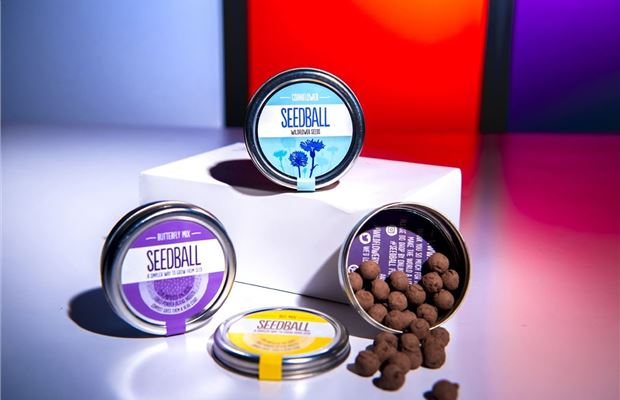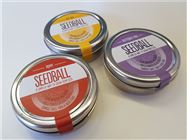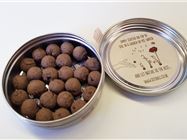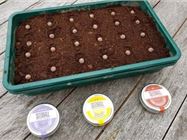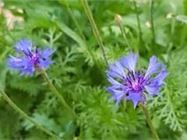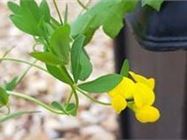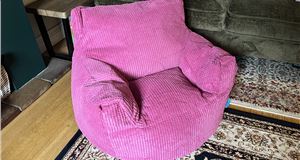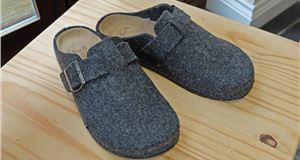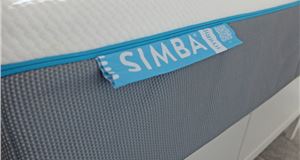What is it?
Seedballs are designed to make sowing seeds incredibly easy and create beautiful wildflower patches in your garden to help to attract bees and butterflies. They come in a number of different varieties and sizes of box, but we’ve opted to test the smart-looking tins with Bee, Butterfly and Poppyseed mixes. Each tin costs £6 on the Seedball website, or £19 for a set of Bee Mix, Butterfly Mix and Urban Meadow Seedball tins on Amazon.
Each tin contains around 20 one-centimetre balls made of clay, up to 100 seeds, peat-free compost and a pinch of chilli powder to ward off pests. The idea is that each seed ball has everything it needs to get started and you don’t need any gardening expertise to get good results. The seeds, as well as the tins, are also made in the UK.

What’s it like?
Sowing is just a case of throwing the seedballs onto exposed ground or placing on top of compost in pots. The dried clay wrapped around the seeds is designed to protect them from ants, mice and birds. When it rains, or you water your seed balls, the seeds begin to germinate. Minerals and nutrients within the ball give the seeds a little extra help, while the chilli powder continues to ward off predators.
Seedball recommends that you need to use one tin per square metre. If growing in a small pot, three to five seed balls will probably be enough, for larger pots eight to 12 seed balls should do the trick.

Germination took around a week — in the height of summer with plenty of watering — and from there the plants grew rapidly. Within five weeks, the plants were fully formed and were beginning to flower.
All of the seedballs germinated and compared favourably with some wildflower seed mix that was sown at the same time in the traditional way. Thanks to that clay ‘wrapper’, they can actually be scattered at any time of year: spring and autumn are best for the wildflowers, while the herb and salad mixes are ideal in the summer.

Should I buy one?
We really like these, it’s a simple idea that’s well executed and keenly priced. There’s also the feel-good factor that you get from giving wildlife a helping hand. There has been much in the news in recent years about the decline of the bee population and this is a simple way of helping.
At around £6 per tin or 20 seed balls, these make a great small gift or — around Christmas time — an excellent stocking filler. Alternatively, if you’re buying for yourself, then they make it easy to sow wildflower seeds and leafy salads and encourage more bees, butterflies and other pollinators into the garden.
Even if you don’t have a garden, these can bring a bit of colour and life to a windowsill in a flat for the cost of a couple of coffees.




